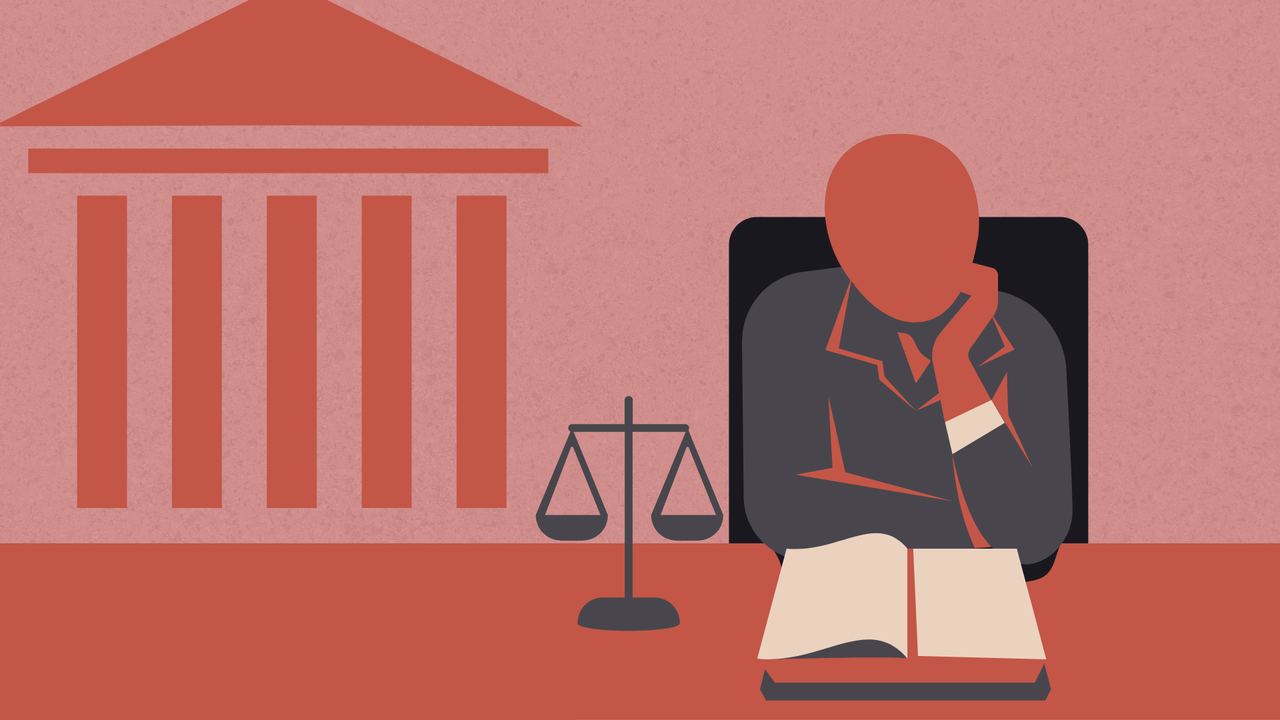
‘Transparency benefits all’: a view from a family court judge
By Jonathan Furness KC, formerly lead family judge in Cardiff during phase one of the reporting pilot
When Cardiff Family Justice Centre was selected as a court for the transparency pilot last year, local judges were far from ecstatic.
Under no strain at all as we emerged from the pandemic, wowed by our bug-free online hearings platform and refreshed by reforms to the family justice system, this was the cherry on the cake – not. It was another burden, we thought, more stress and for what? Who actually wants it – the public or the press? Definitely not us.
I sold it to the judges, with fingers crossed, because I thought there would be an early rush of activity before it fell off. I was right, but the process has changed the landscape.
Now I sense, locally at least, no significant judicial antipathy towards transparency. Maybe we will no longer hear that we are part of a conspiracy to steal children and sell them for adoption. Let us praise transparency for that at least.
There were, of course, teething problems. Judges were anxious about the time arguments about transparency would take in busy court lists, particularly if the case was one of many (a transparency argument normally delays the case by 15-20 minutes).
Advocates were unprepared for the robust support of transparency in the pilot courts and were still seeking to oppose orders on their clients’ instructions, including on behalf of the child, without any real consideration of the merits and sometimes without any coherent case to make.
Reporters were unfamiliar with the court processes and sometimes strayed beyond what was proper process. For example, one reporter entered into significant email correspondence with the court about obtaining a transcript of the judgment, which he had attended, even though the obtaining of the transcript was not the function of the court. The tail cannot, and surely will not, wag the dog.
The process for a family court judge once an application has been made is fairly straightforward:
Is it right to make a transparency order in this case? There must be a general presumption that the court should do so subject to exceptions such as ongoing police enquiries.
If the court does make a transparency order should there be additions or other amendments to the standard order? There will be cases where additional protections are needed to ensure privacy.
If the court is making an order, when should it start? Generally, it should be effective immediately, but it may be after a police notice of “no further action” or a criminal trial or, for example with older children, to ensure the child’s therapeutic needs are met before any publication.
Reporters have been concerned about not knowing the details of cases in the lists in advance so have found it difficult to find cases of interest. A court listing code has been devised to assist but that only gives a general guide. I am not sure the court should do more – with these codes the family court lists are no more opaque than in the crown court. Is it the court’s function to point out cases of interest to the press?
There has been some excellent reporting showing the family court working well and for the benefit of families and children. Our work is being recognised as important and child and family focused. We deservedly receive better press than we previously did.
Of course, worries remain for judges – we are functioning in an underfunded service dealing with some of the most stressful cases in the legal world. We are supported by social work, local authority legal services and the Children and Family Court Advisory and Support Service, who all have their own funding and employment issues.
The last thing we need is personal criticism about judgments and process. But crown court judges are pilloried when they make insensitive comments, so why not family court judges?
Thus far, within the confines of the pilot, the press has, in very large measure, behaved responsibly, as they should. Providing that continues, transparency benefits all.
Jonathan Furness KC is a retired designated family judge
-
Subject:
-
Area:




